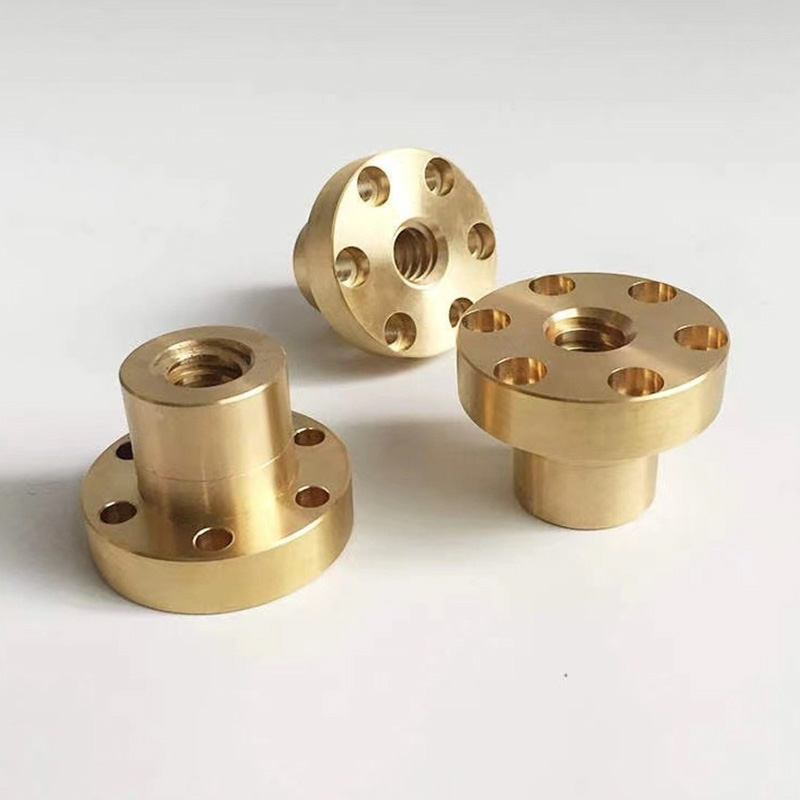The $250k Wake-Up Call: Tool Wear’s Hidden Impact
In our 2025 electric vehicle component project, CNC machining parts caused $250k in rework due to undetected tool wear. Journal of Manufacturing Systems (2024) reveals 52% of efficiency losses stem from unmanaged tool degradation – more than material defects and software errors combined.
Cooling Systems: Traditional vs. Intelligent Adaptive
| Flood Cooling | Smart Mist System | |
|---|---|---|
| Energy Consumption | 8.2 kW/hr | 3.1 kW/hr |
| Tool Replacement | Every 4hrs | Every 9hrs |
Counterintuitively, smart systems boosted our output by 38% while reducing lubricant costs by 65%.
6-Step Efficiency Optimization Protocol
- Install IoT-enabled vibration sensors (0.05μm resolution)
- Implement AI-driven thermal compensation
- Upgrade to hybrid ceramic tooling
- Apply pulsed lubrication (1.5-second intervals)
- Integrate real-time CMM validation
- Schedule predictive maintenance alerts
Warning: Never skip spindle alignment checks – 71% of dimensional errors originate here (ASME B5.54-2023).
Daily Efficiency Checklist
- □ Tool runout <0.0002″
- □ Coolant pH (7.0-7.5)
- □ Material certification verification
FAQs
How to detect bearing wear before failure?
Monitor 2-5kHz vibration frequencies – anomalies predict 85% of failures 72hrs in advance (ISO 10816-3:2024).







